Getting mental healthcare in Australia is just luck of the draw
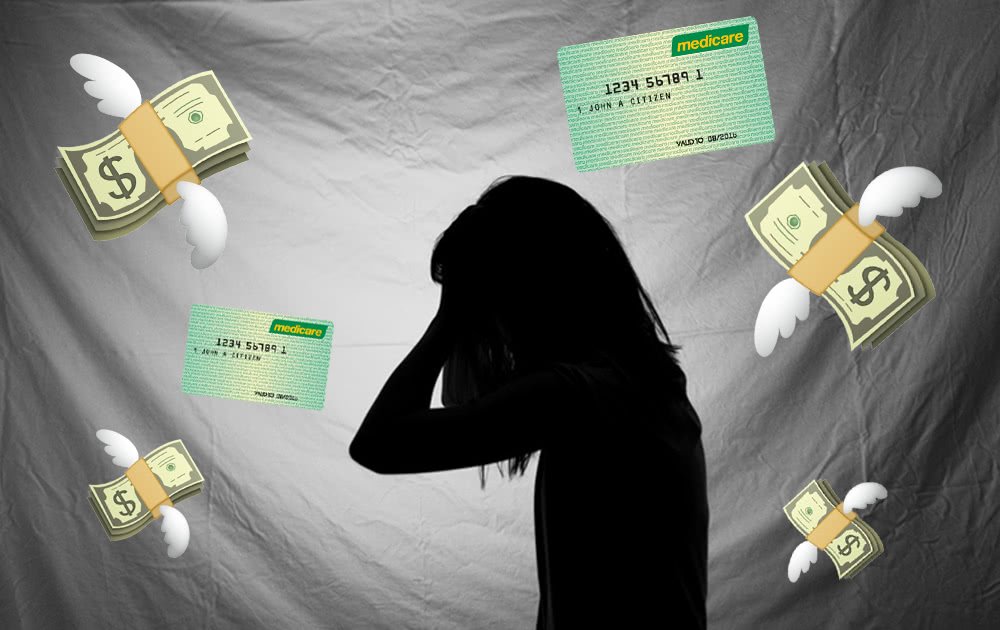
Today I turned 21, and I know that I am lucky to be alive. Lucky in the sense that without having had access to appropriate mental healthcare, I probably wouldn’t have made it this far.
Access to a full range of healthcare in Australia is a privilege. And that angers me. Healthcare should be a right, not a privilege dictated by one’s bank balance.
Mental illness is weird and complex and never stops changing. Being mentally ill is confusing, scary and hard to cope with. Finding help is difficult and the system is hard to navigate.
The infrastructure of mental healthcare in Australia is broken. We can have as many various awareness days as we want, but unless the actual treatment and support options are accessible and affordable, encouraging people to seek help feels pointless.

My socioeconomic status growing up meant I had access to whatever healthcare I required. Our family had health insurance, so when 17-year-old me finally came to terms with the fact I needed help, I was able to get it. Many Australians are not so lucky. I describe myself as lucky because I was born to parents with stable, well paying jobs and could front for the steep costs associated with mental healthcare.
At 19, I self-admitted to a psychiatric hospital because I was very close to ending my life. I had been spiralling for a long time, but was self-aware enough to know that for the sake of my loved ones, suicide wasn’t a choice I could let myself make.
I was desperate, tired of fighting and felt I’d exhausted all my options. Very expensive options that were only available to me because my family could afford to pay for them.
Our private health insurance fully covered the $22,000 cost of my three-week stay.
That was more money than I made per year at the time.
I was lucky.
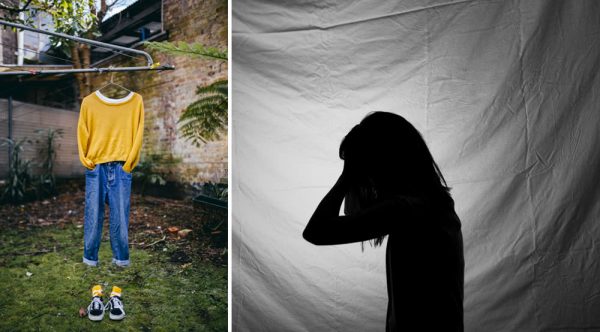
Free mental healthcare is selectively available. Organisations like Headspace are dedicated to helping young people with their mental health. Sustainable funding and understaffing are ongoing issues for these organisations who’s only purpose is to benefit people suffering.
This lack of availability means waiting lists can be astronomically long. For someone in crisis, being placed on a waiting list is discouraging and can be detrimental to their survival.
We are told ‘don’t be afraid to reach out’ – but when we do, this is often met with countless obstacles. Even asking for help in the first place can be incredibly difficult. When you are so depressed you can’t get out of bed, or are so anxious you can’t leave the house, making an appointment to see your GP can seem like climbing Mt Everest.
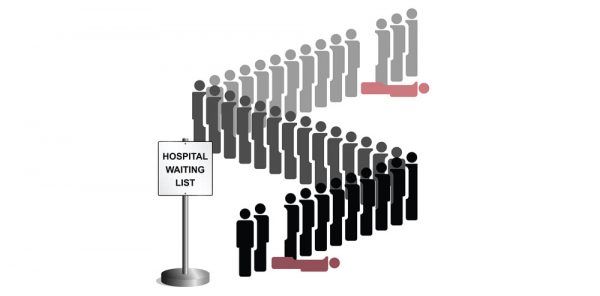
If you make it to the GP, you experience the joy of being assessed. You’re asked a bunch of questions you’re uncomfortable answering honestly, because what person wants to tell a stranger that they wish they were dead? Or are so anxious that they can’t leave the house, even though they know it’s irrational.
If you’re lucky, you get someone experienced with mental illness, who can refer you to the right professional. Hopefully they send you to a psychologist or psychiatrist, instead of prescribing you some medication they don’t fully understand the effects of.
Once you’ve taken the first step, then you have to find the right psych. Even with the mental healthcare plan that GPs can give you, only 10 sessions per calendar year are covered by a Medicare rebate, but you’re often $20-80 out of pocket per session.
For many, being mentally ill is a lifelong battle, meaning the cost of treatment will continue to drain the funds from many who can barely afford it. Students, minimum-wage earners and low-income families suffer most because our system can’t provide adequate care for those who can’t afford to seek it privately.
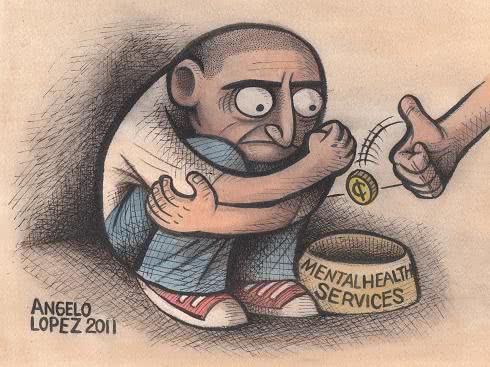
I am lucky. I am able to get the continual care I need to survive. Others are not, and the system needs to change.
It’s a more complex process than just dropping wads of cash onto the desks of Headspace offices and telling them to hire more staff. But if we can fund the excessive salaries and expenditure of the politicians who are meant to represent us, surely some of our tax dollars can be diverted to a healthcare system in which demand is only growing.
We know that mental illness exists. So why won’t our government give enough of a shit to actually tackle the problem? Groups continue to urge our politicians to allocate more funding into the mental health sector – but we are yet to see results that are actually making a difference to Australians.
Maybe one day, we’ll all be lucky enough to receive the care we need.
There are a number of immediately contactable hotlines that you can call if you or anyone you know needs help:
- Lifeline on 13 11 14
- Kids Helpline on 1800 551 800
- MensLine Australia on 1300 789 978
- Suicide Call Back Service on 1300 659 467
- Beyond Blue on 1300 22 46 36
- Headspace on 1800 650 890
- QLife on 1800 184 527
The article was originally published on Brag Magazine

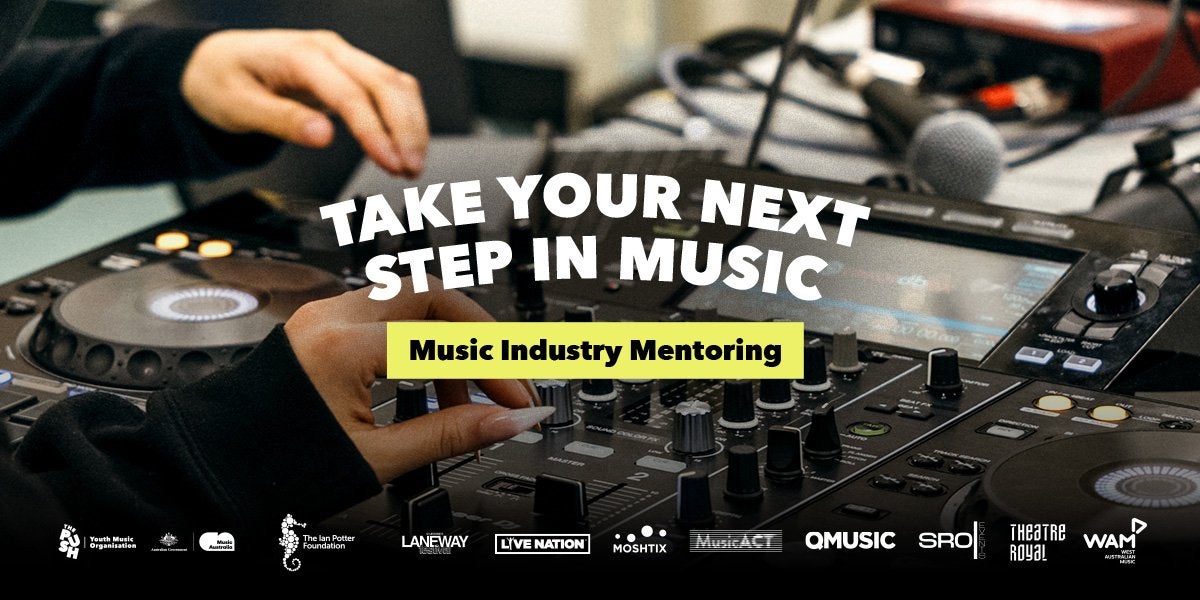


.jpg)